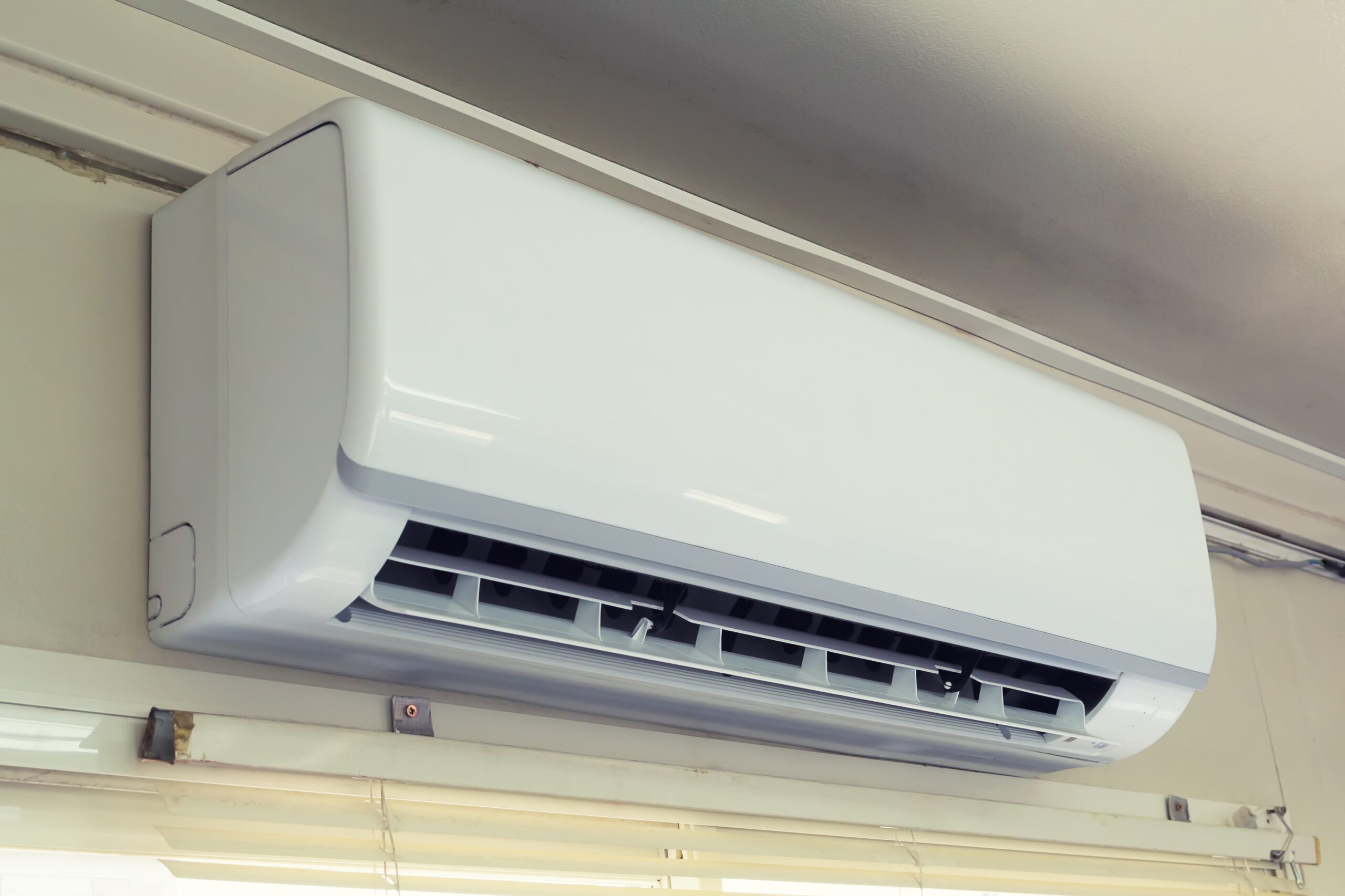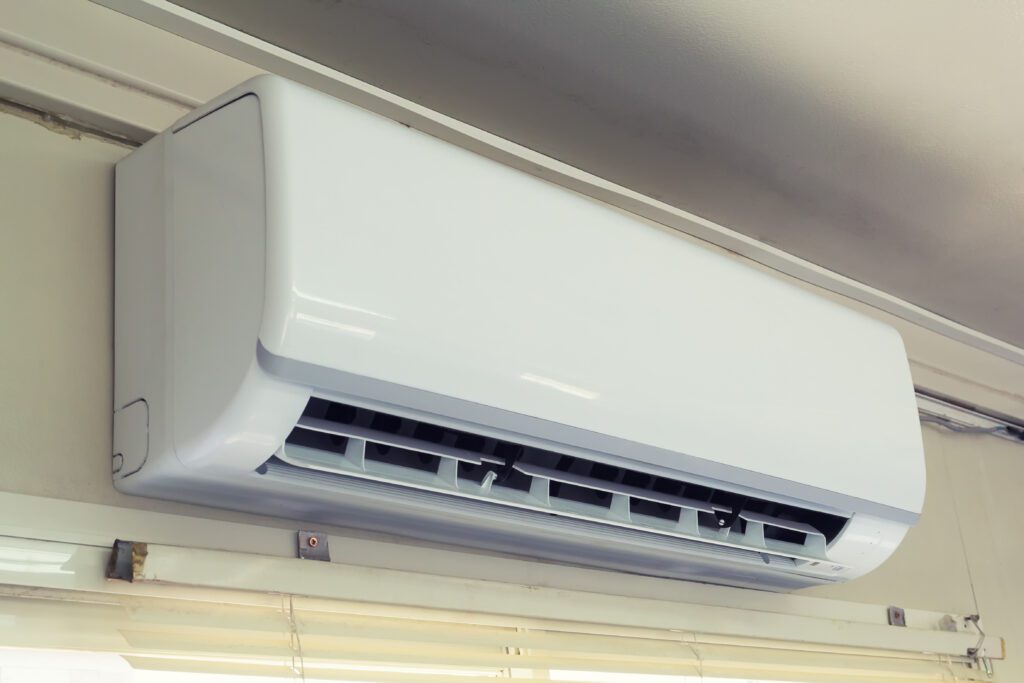

When it comes to keeping your home comfortable year-round in Connecticut, choosing the best HVAC system is essential. The right HVAC system can make a significant difference in your home’s energy efficiency, indoor air quality, and overall comfort. With so many options available, it can be overwhelming to decide which HVAC system is best suited for your family.
In this blog post, we will explore how to choose the best HVAC system for your home, especially for Connecticut-based homeowners.
Connecticut’s climate presents unique challenges for homeowners when choosing an HVAC system. The state experiences a broad spectrum of weather patterns, characterized by humid summers and bitterly cold winters. This diverse weather demands a versatile HVAC system capable of efficient heating and cooling to ensure year-round comfort.
A system that’s too small may struggle to heat or cool your home efficiently during extreme weather, while one that’s too large can lead to unnecessary energy consumption and uneven temperature regulation. To address this weather variability, homeowners should consider systems that offer flexibility and adaptability. For example, systems with variable speed technology can adjust their output to match the exact needs of the home, enhancing comfort and energy efficiency. Additionally, the presence of humidity in the summer months underscores the importance of selecting an HVAC system with effective dehumidification capabilities to maintain indoor air quality and comfort.
HVAC systems, the backbone of home comfort, come in several forms, each designed to meet specific heating and cooling needs. Central air conditioning systems, prevalent in many homes, for example, utilize a network of ducts to distribute cool air throughout the house. This system pairs with a furnace for heating, creating a comprehensive solution for year-round climate control. Heat pumps offer an efficient alternative, capable of both heating and cooling by transferring heat between the indoors and outdoors, making them ideal for the moderate aspects of Connecticut’s climate. For homes without ductwork or those requiring a targeted approach to heating and cooling, ductless mini-split systems provide a versatile solution. These systems consist of an outdoor compressor unit connected to one or more indoor air handlers, allowing for individual temperature control in different zones of the home. Furnaces, powered by electricity, natural gas, or oil, generate warm air distributed through the home’s ductwork, ensuring warmth during our cold winters.

For homes without ductwork, ductless mini-split systems are often a great solution.
Selecting the ideal HVAC system for your home requires careful evaluation of several critical elements. First, assess the square footage of your home to determine the capacity of the system needed to ensure efficient heating and cooling. An incorrectly sized system can lead to energy waste and inadequate temperature control. Your financial plan also plays a vital role; while initial costs are a significant consideration, it’s equally important to factor in long-term energy savings that a more efficient, albeit potentially more expensive, system may offer. Energy efficiency ratings, such as SEER (seasonal energy efficiency ratio) for cooling systems and AFUE (annual fuel utilization efficiency) for furnaces, provide insight into the potential energy consumption and cost savings over the unit’s lifespan.
Additionally, consider the specific needs of your household, such as whether you require advanced features like zoning capabilities, which allow for different temperatures in various areas of your home, or smart thermostats that enable remote control and monitoring of your HVAC system for enhanced convenience and efficiency. Lastly, the type of fuel source available in your area (electricity, natural gas, or oil) can influence your choice, as it may affect the operational cost and installation requirements of the HVAC system.
Investing in an energy-efficient HVAC system is a forward-thinking choice for Connecticut homeowners, providing significant advantages beyond mere temperature control. Systems with higher SEER ratings or those that have earned the ENERGY STAR certification exemplify advancements in technology designed to consume less energy while maintaining optimal indoor comfort levels. The primary benefit of such efficiency is the potential for reduced utility expenses. Over time, the savings on energy bills can be substantial, offering a return on the initial investment in a high-efficiency system.

No matter the appliance, from vending machines to HVAC systems, look for the ENERGY STAR sticker; it certifies the energy efficiency of your equipment!
Furthermore, energy-efficient HVAC systems contribute to a more sustainable environment by lessening the demand on electricity grids and reducing greenhouse gas emissions. By opting for a system that uses less energy to achieve the desired indoor climate, homeowners are actively participating in environmental stewardship. Another significant advantage is the improvement in indoor air quality. Efficient systems often incorporate better filtration and air circulation technologies, which can minimize the presence of pollutants and allergens in the home. This aspect is particularly beneficial for individuals with respiratory issues or sensitivities to air quality.
The success of your HVAC system’s performance is heavily reliant on the quality of its installation and ongoing maintenance as well. Entrusting the setup of your HVAC to a certified technician ensures that every component is correctly fitted and functioning at its peak, which is crucial for the system’s longevity and efficiency. Incorrect installation can not only diminish the system’s efficacy, but can also escalate the likelihood of malfunctions and subsequent repair costs.
Routine maintenance, on the other hand, plays a pivotal role in sustaining the system’s optimal performance over time. Activities such as regular cleaning, checking for leaks, and ensuring the refrigerant levels are adequate are essential maintenance tasks that contribute to the system’s endurance. These practices aid in detecting potential issues before they escalate into significant problems, thereby avoiding unexpected breakdowns that could compromise your home comfort.

Ventilation inspection and cleaning is a common practice for HVAC maintenance.
Additionally, a well-maintained HVAC system operates more efficiently, which translates into energy savings and a reduction in utility bills. It also ensures that the air quality in your home remains high, creating a healthier living environment.
Selecting an ideal HVAC system for a Connecticut residence requires careful consideration of various factors, from assessing your home’s square footage to understanding the local climates impact on heating and cooling needs. Energy efficiency should be a priority, not only for the potential savings on utility bills, but also for the environmental benefits it brings. Incorporating advanced features such as zoning capabilities and smart thermostats can further enhance comfort and efficiency. It’s essential to choose a reputable brand that aligns with your specific requirements and to ensure professional installation and regular maintenance for optimal performance.
Consulting with a professional HVAC technician can provide valuable guidance in making a decision that ensures your home remains a comfortable haven all year round, regardless of the unpredictable weather. Investing time and effort into selecting the right HVAC system will pay off in the long term, providing both comfort and cost savings.
And if you need help in your selection process, we’re only a click away!